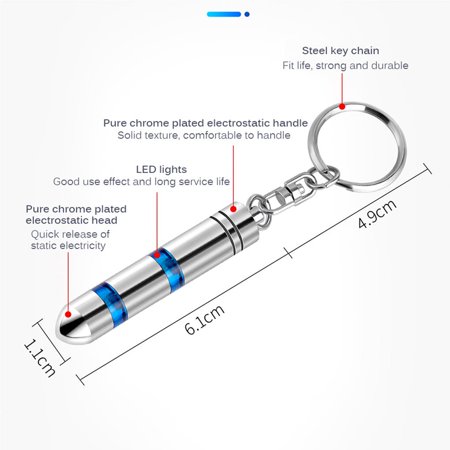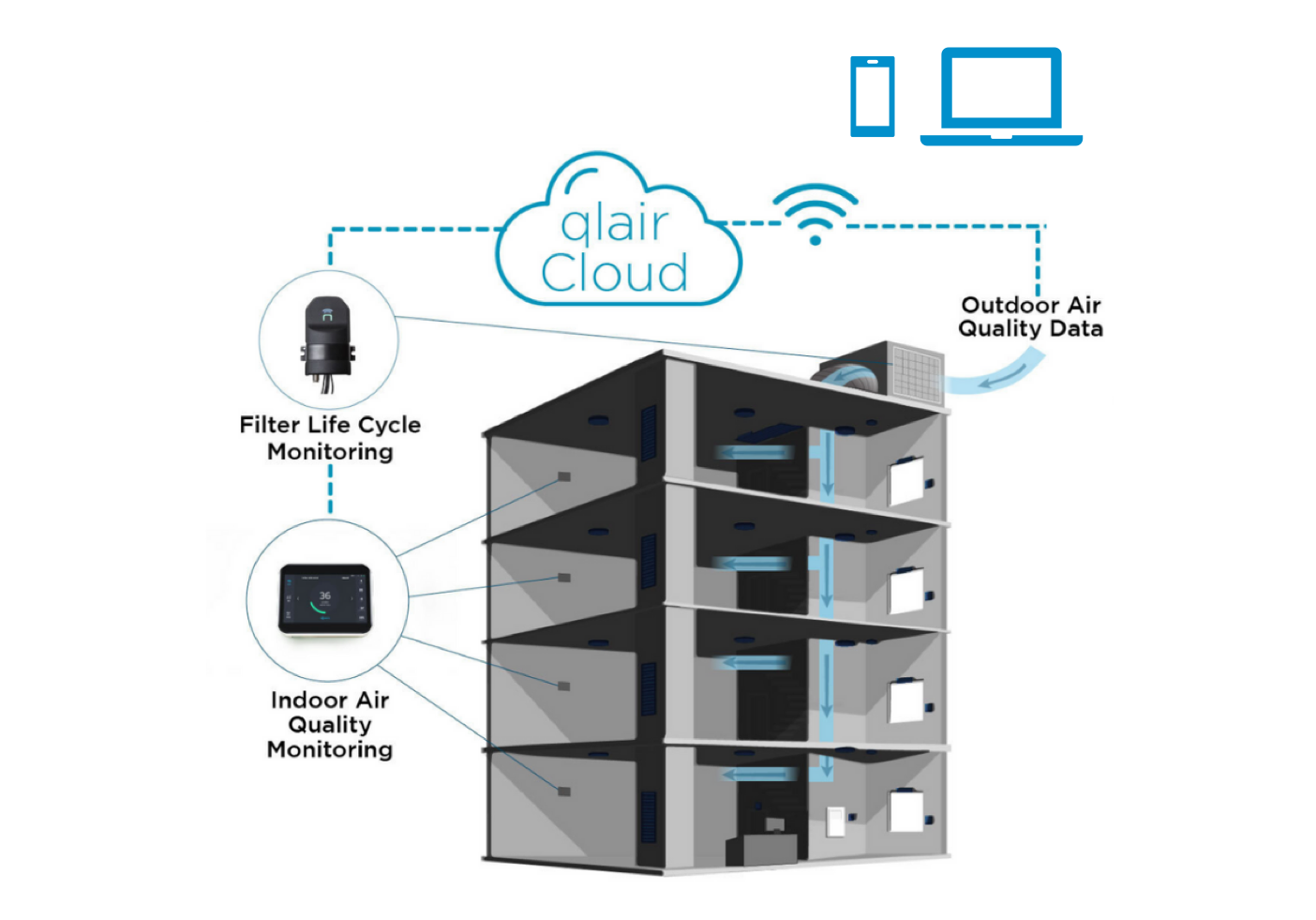
The Cuban-American entrepreneur and television host Bob Vila has been making waves for nearly 40 years. Before becoming a television legend, he was a handyman and contractor. Bob Vila's success was not only due to his roles in television, but he is also a writer.
Bob Vila has appeared on many episodes of Home Improvement. In addition, he has done commercials for a variety of tools on the Home Shopping Network and Sears. He has also published several books on home renovation. Historic Homes of the West is his first book. It is published by HarperCollins.
This Old House, another popular show from Bob Vila, is also a well-known one. It debuted on PBS in 1979. It was on air for 13 weeks before it was nominated to a regional Emmy award. During its first season, Vila made $200 per episode. He was eventually paid $800 for each episode. He quit the show after a dispute over the producer in 1989.
Despite a lengthy career on public television, Bob Vila has maintained a private life. His family owns several houses in the United States. They are valued between $30-40 millions. Bob and his wife Diana have three children.

Bob is a television star and has also made a fortune through endorsement deals. For example, he is a national spokesperson for the National Pest Management Association. Bob was Tim Allen's rival on Home Improvement. Eventually, he was replaced by Steve Thomas.
Vila was a star after a decade working on the show and got the chance to appear in commercials for companies such as Sears or Rickel. Vila refused to quit the show, but he kept the bulk of his income. He was making approximately $500,000.
Vila, who was before This Old House, worked as a pitchman for R.J. Vila Inc. Vila was a skilled contractor and handyman. He and Diana Barrett, their wife, restored a Victorian-style house in Newton Center. The Boston Globe featured their home.
Bob Vila is Cuban-American and was born in Miami. He grew up splitting his time between Cuba and the United States. He worked as a contractor in the Peace Corps when he was young. He also served his hometown as the chairman of an architectural commission.
Throughout his career, Vila has been a prolific writer and home improvement expert. He has written guides on historic homes of the West, the Midwest and the Great Plains, and the South. Quill, HarperCollins publishing imprint, published some of his books.

Vila hosted a spinoff television program called Bob Vila's Home Again. It began in 1990. The show originally aired on CBS. It eventually became syndicated nationally on more than 150 stations. It was renamed Bob Vila a few years later and moved to a new network.
Bob has been in the news as a television personality in recent years. He works part-time at Harpo's as well as being a Hazelwood police officer.
FAQ
How to avoid being cheated when using your credit card online
Before you make any purchases online with credit cards, be sure to check your statements. Be sure to only pay the bills that you owe. Regularly check your bank statement to find out if anything is suspicious. If you find any suspicious charges, contact your card issuer immediately. They will typically cancel the transaction or refund any money taken out of your account.
If you think you've been scammed, contact your local police department. You can file a report with the Federal Trade Commission (FTC) as well.
How can I avoid being conned when shopping online?
You need to be careful when purchasing online. Before you make a purchase online, be sure to read reviews and review the feedback of customers. Don't send sensitive financial information by email. Instead, go to a secure site like PayPal. You can rest assured that your information will be safe by using this secure site.
What about orders greater than $25?
Yes, almost all major websites allow you the option to order items online without having to pay shipping. Some websites even offer free shipping on some items. To be eligible for free shipping, you must spend at least $25. Many websites automatically apply free shipping for your entire order. Other websites require that you enter "SHIPFREE" at checkout.
Statistics
- An approximately 90% increase in price affords Hotel X the opportunity of extreme profits under severe circumstances. (dos.ny.gov)
- According to the Federal Trade Commission (FTC), online shopping was the fourth most common fraud category for consumers as of February 2022.5 (thebalance.com)
- All items on AliExpress have an estimated delivery time on the product page, and it's usually anywhere from 20 to 60 days. (makeuseof.com)
- The tax is automatically added once you click the checkout button, so factor in an additional 20% when looking at the product page. (makeuseof.com)
External Links
How To
How to shop safely online
Online shopping is one the easiest ways to purchase goods and services. But, convenience comes with a cost. While there are many benefits to buying from an online store but also risks. Identity theft is the biggest threat. Identity thieves use your personal data (name, address, credit card number) to steal money from you or take out fraudulent loans against your name. They then make a profit by selling your stolen information on a black market. These are some tips that will help you stay safe when doing business online.
-
Use secure websites. Most online stores offer free SSL encryption to protect customers' information. You can only see the information that you entered, such as names and addresses or credit card details. It makes it impossible for anyone to read what you input. When you are choosing an online store to do business, make sure they have a valid certificate from a recognized CA. When you browse the web, look for a green padlock icon at the URL bar.
-
Don't give away your password. When you first sign up for a new account, you usually receive an email asking you to confirm your email address and/or username. This information should never be given to anyone. Also, don't write them down anywhere because if someone steals your wallet, they could access your accounts too! Instead, save them on your personal computer. A good rule of thumb is to change your passwords once every three years.
-
Keep track on your orders. Sending items to yourself and others is a good idea. Keep track of the addresses you send them. Many people are tricked into believing they have sent something, but it was actually delivered to another person. Always check the tracking number before you pay for shipping. Always get proof of delivery before you ship anything. Contact the company immediately if you're not satisfied with the service provided.
-
Be aware of who you are dealing with. Many websites will ask you to provide sensitive information such as your full name, date of birth, Social Insurance Number, and bank routing number. These details allow them to identify you. Be careful what information you give out. Google "what does the website need" if you aren't sure if it needs these details. You'll find many solutions.
-
Pop-up windows can be annoying. Many websites bombard you with popups advertising special offers and deals. While some advertisements might appear legit, others will trick you into sharing private information. For example, a fake anti-virus program could ask for your banking information, credit card numbers, and social security number. To avoid being tricked, never click on links that appear suspicious.
-
Beware of Phishing Scams Phishing scams include hackers pretending to work for reputable organizations in order to get financial information from consumers. Phishers often create emails that look like they come from banks or retailers, encouraging users to log in and update their account information. The hacker can access your finances once you have given your personal information. Hackers could even take over your bank accounts or transfer funds from one account to another. The following resources can help you identify phishing scams.
-
Do your homework. Always read all terms and conditions before you sign up for any deal. Clear and simple terms and conditions must be included in any contract that you sign. Take the time to review all terms and conditions carefully. Avoiding hidden fees and charges is key to saving money.
-
Look around. Be open to shopping around. Compare prices from different websites until you find a good deal. If you order multiple items, make sure to compare shipping costs. Shipping rates can vary widely depending on which website is used. For fast shipping, it's worth paying an extra.